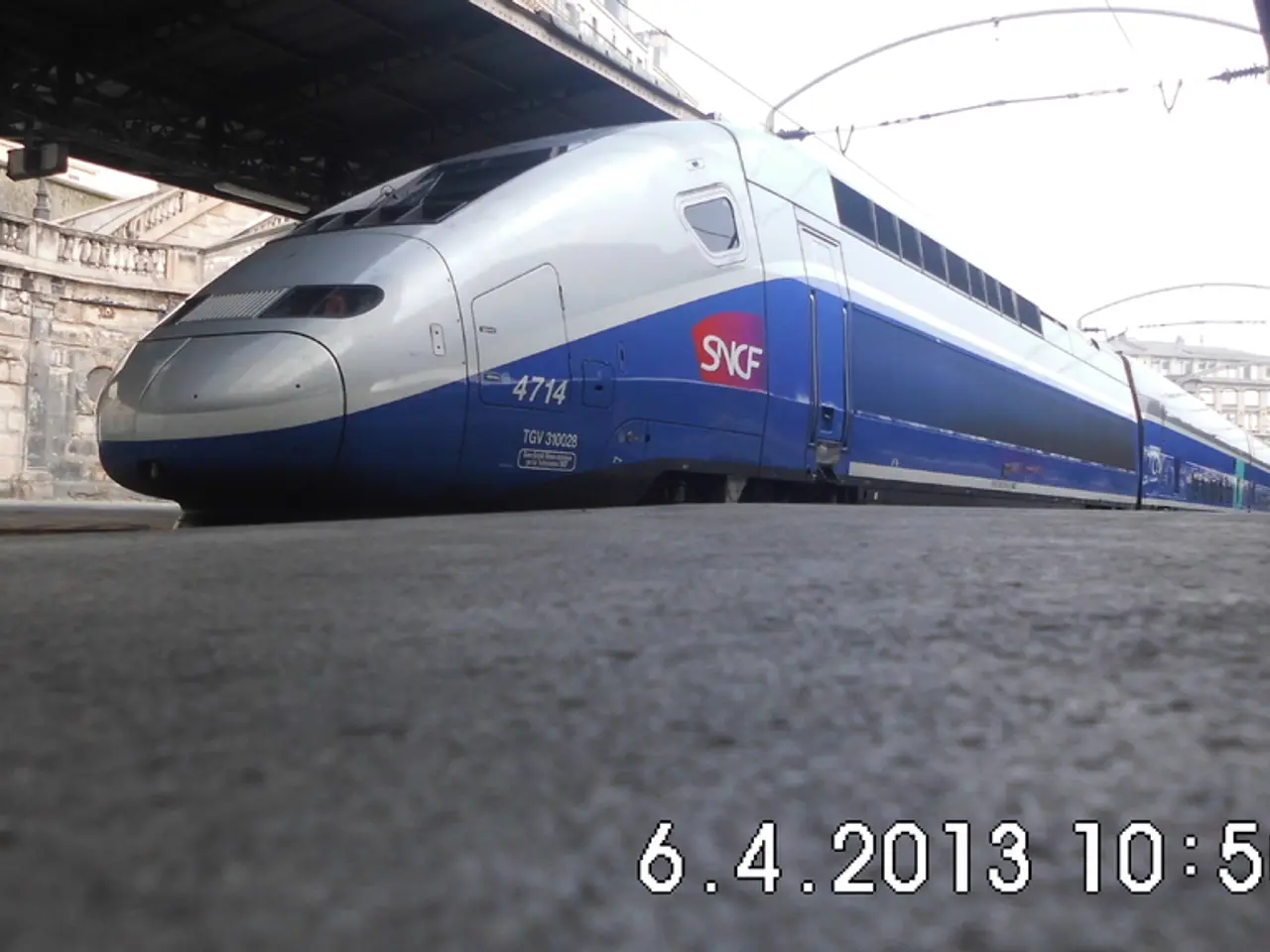Technology's Impact on Real Estate: Innovations Redefining the Market
In the ever-evolving landscape of the real estate sector, advanced technologies are playing a pivotal role in reshaping the industry for improved efficiency and convenience. The integration of Artificial Intelligence (AI), Augmented Reality (AR), Virtual Reality (VR), and blockchain technology is spearheading this transformation.
One of the key areas where AI is making a significant impact is property matching. By analysing user preferences such as location, price range, size, and amenities, AI-powered platforms can suggest properties tailored to individual buyers or renters. This streamlines the search process, saving time and increasing the likelihood of a successful match. AI chatbots and virtual assistants provide instant responses, schedule viewings, and engage with users 24/7, improving customer experience and lead conversion rates.
AI also enhances investment strategies by offering data-driven, predictive insights. For instance, AI can scan vast datasets to identify undervalued or high-potential properties faster than humans can, detect off-market opportunities, and forecast neighbourhood growth based on infrastructure plans. AI tools can also predict appreciation and rental yield, helping investors choose optimal locations. Furthermore, AI can automate due diligence, reducing errors and legal costs, and simulate market scenarios to recommend asset diversification and timing strategies.
In terms of operational efficiency, AI boosts productivity through automation and real-time monitoring. Integration with IoT sensors delivers real-time data on property conditions, enabling predictive maintenance and cost control. AI chatbots automate tenant interactions, complaint resolutions, and appointment scheduling, freeing agents to focus on higher-value activities. Smart contracts, combining AI with blockchain, automate transaction workflows, reducing transaction times and minimising human errors.
The role of real estate agencies remains crucial in navigating and leading customers through the industry. However, the collaboration of advanced technologies and qualified specialists is driving the development of the real estate industry, making it more advanced, efficient, and client-centric. The future of the real estate industry is characterised by enhanced convenience for both buying and renting apartments, personalised help and consultation, and the utilisation of social platforms for digital marketing campaigns.
In conclusion, AI serves as a catalyst for transforming real estate from a traditionally manual, intuition-based process to a highly automated, predictive, and client-centric industry, improving outcomes for buyers, investors, and property managers alike. The integration of AR, VR, and blockchain technology further enhances this transformation, offering property tours without leaving the house and ensuring secure and transparent transactions. The real estate industry is undergoing significant changes, and it's an exciting time to be a part of this digital revolution.
AI not only revolutionizes property matching by suggesting personally tailored properties, but also shapes investment strategies by providing data-driven, predictive insights on undervalued or high-potential properties. In operational terms, AI boosts efficiency through automation, real-time monitoring, and predictive maintenance, while digital marketing on social media platforms becomes more personalized. The integration of various advanced technologies such as AR, VR, and blockchain technology facilitates remote property tours and ensures secure and transparent transactions, marking an exciting digital revolution in the real estate industry.




